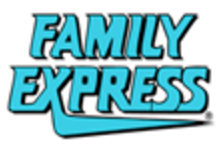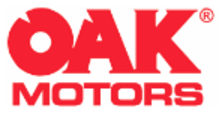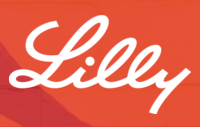Evansville, Indiana – An Indiana trademark lawyer for Plaintiff The Great American Bagel Enterprises, Inc. (“GAB”) of Westmont, Illinois filed a trademark infringement complaint in the Southern District of Indiana against Defendants United HBA Corporation and Harbhajan Singh, d/b/a The Great American Eagle, both of Evansville, Indiana.
GAB owns, operates and franchises food-products stores known as The Great American Bagel. It owns a trademark for “The Great American Bagel,” Trademark Registration No. 2,015,665, which is comprised of the phrase “The Great American Bagel” with stars and bands. The mark has been registered by the U.S. Patent and Trademark Office.

Defendant United HBA operates a gas station and convenience store, which offers retail food products. Defendant Singh is listed as the President and sole principal of United HBA. GAB contends that United HBA is displaying a sign that had previously been used as signage for a The Great American Bagel store. GAB states that Defendants modified “Bagel” to read “Eagle” by removing the “B” and adding an “E” but that the sign is otherwise unaltered.

GAB alleges infringement of its trademark, stating that Defendants’ use of the modified sign has caused customers to confuse the food products offered by GAB with those offered by Defendants. In this federal lawsuit, filed by an Indiana trademark attorney, the following claims are made:
• Count I: Federal Trademark Infringement
• Count II: False Designation of Origin, False Advertising and Unfair Competition under the Lanham Act Section 43(A)
• Count III: Unfair Competition – Trade Name Infringement
• Count IV: Unfair Competition – Passing Off• Count V: Unjust Enrichment
GAB seeks equitable relief, damages, including punitive damages; costs and attorney’s fees.
 Indiana Intellectual Property Law News
Indiana Intellectual Property Law News










